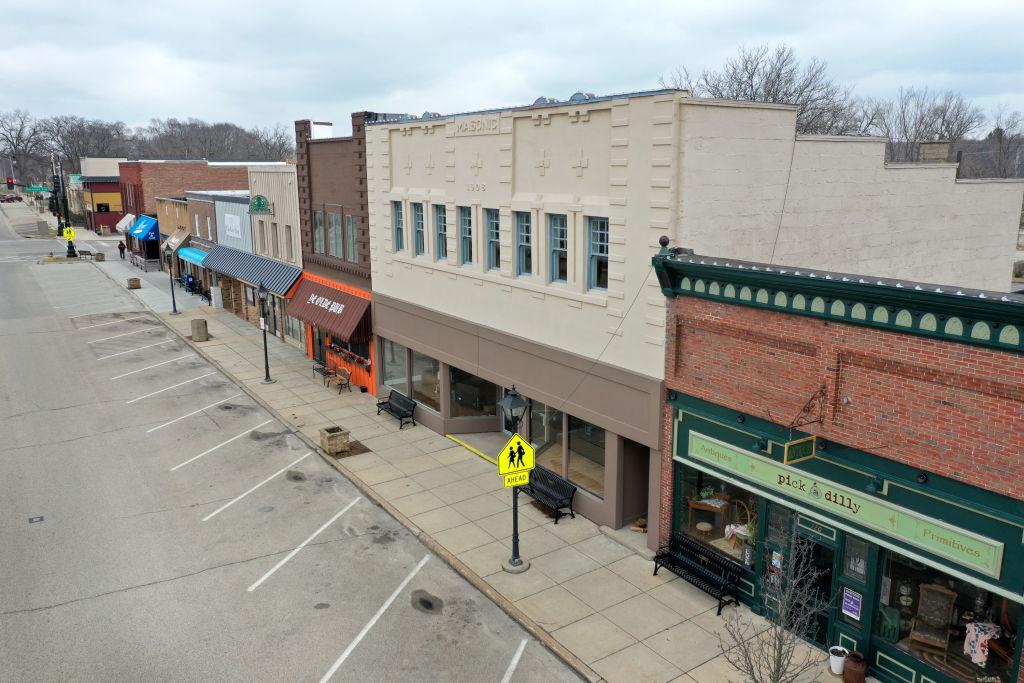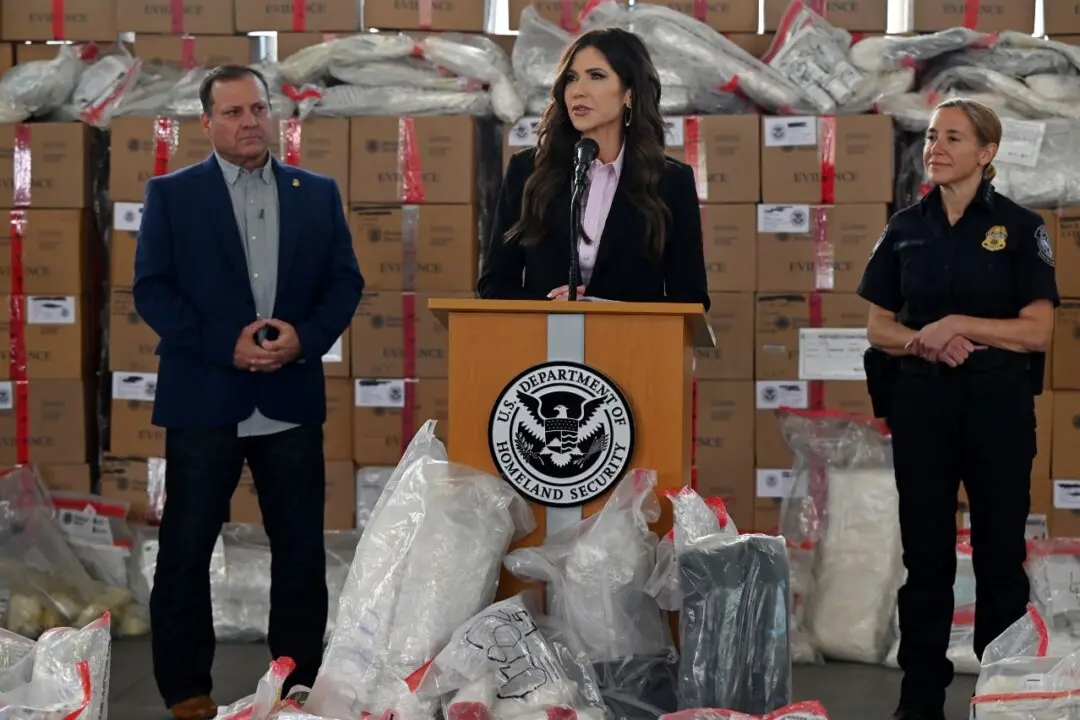Small-business owners are hopeful that a $2 trillion federal relief package will provide much-needed support as COVID-19 continues to weigh on the U.S. economy.
A National Federation of Independent Business (NFIB) poll released March 23 found that 76 percent of small businesses have been hurt by the pandemic. The majority of those are feeling the effects of slower sales.





